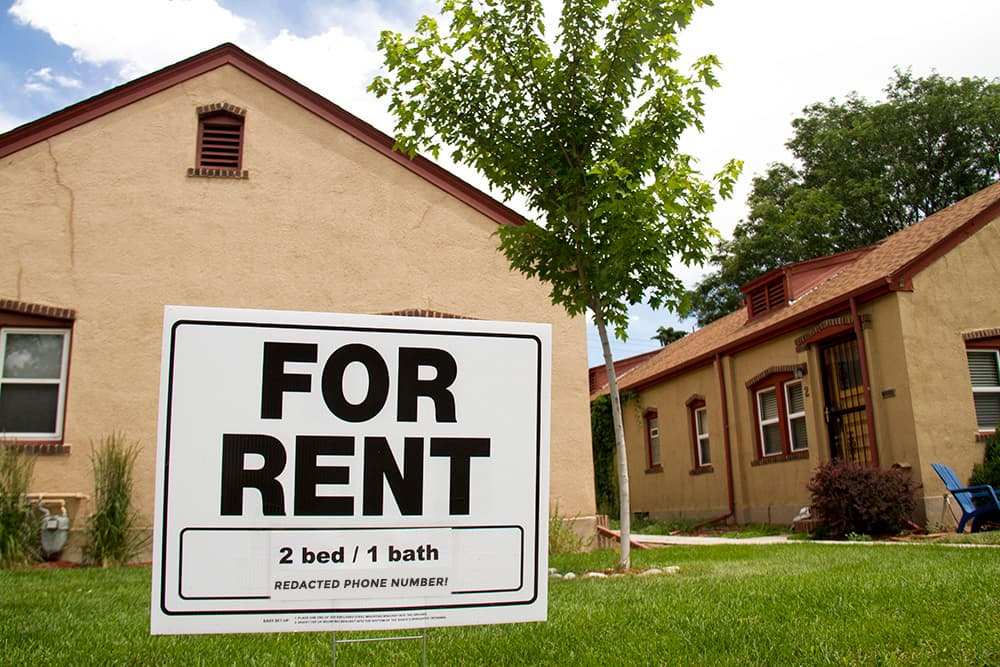Apartment rent in metro Denver held mostly steady in 2024.
The median cost of an apartment dropped by about 2 percent over the course of the year, a savings of about $35 a month.
In all, you could expect to pay $1,750 for a typical unit at the end of 2024, according to data from the Apartment Association of Metro Denver. (That number does not include rental discounts and concessions, which have been getting more generous.)
Housing is getting cheaper, in part, because there’s more of it. Developers built about 20,000 new apartments around the metro in 2024. That’s compared to about 13,000 the year before.
Meanwhile, it’s getting easier to find an empty apartment. Nearly 7 percent of Metro Denver apartments — roughly 30,000 — were vacant last quarter. While vacancy rates rose in every metro county, Denver saw the most empty units.
All but two submarkets saw drops in rent.
All types of homes in the market saw higher vacancy rates.
Studios are the hardest-to-market units in the market, with 9.3 percent of them empty. Two-bedrooms are the most popular, with only 6.3 percent sitting empty.
Construction built since 2020 has the highest vacancy rate, though the trend of higher vacancies hit all ages of properties in the metro.
The high vacancy rate seen in the last quarter of 2024 reflects a seasonal trend. In winter, the market typically slows. And vacant units are not typically going unused — they’re often just waiting for their next tenant. If a unit stays vacant for too long, the landlord may drop prices.
According to the Apartment Association of Metro Denver, the last quarter was the softest on record — meaning that supply is exceeding demand.
Despite lower rents, eviction cases continue to break records.
Last year, Denver County Court saw 15,960 eviction cases filed — far higher than any year on record. The first two weeks of January already saw 788 eviction cases filed in court.
Not every eviction case ends in a sheriff’s deputy knocking on a door.
But the eviction cases filed in court represent only a fraction of the problem. Many more people “self-evict,” leaving their homes because they can’t afford the rent and the landlord is threatening to go to court, according to the Eviction Lab at Princeton University.











